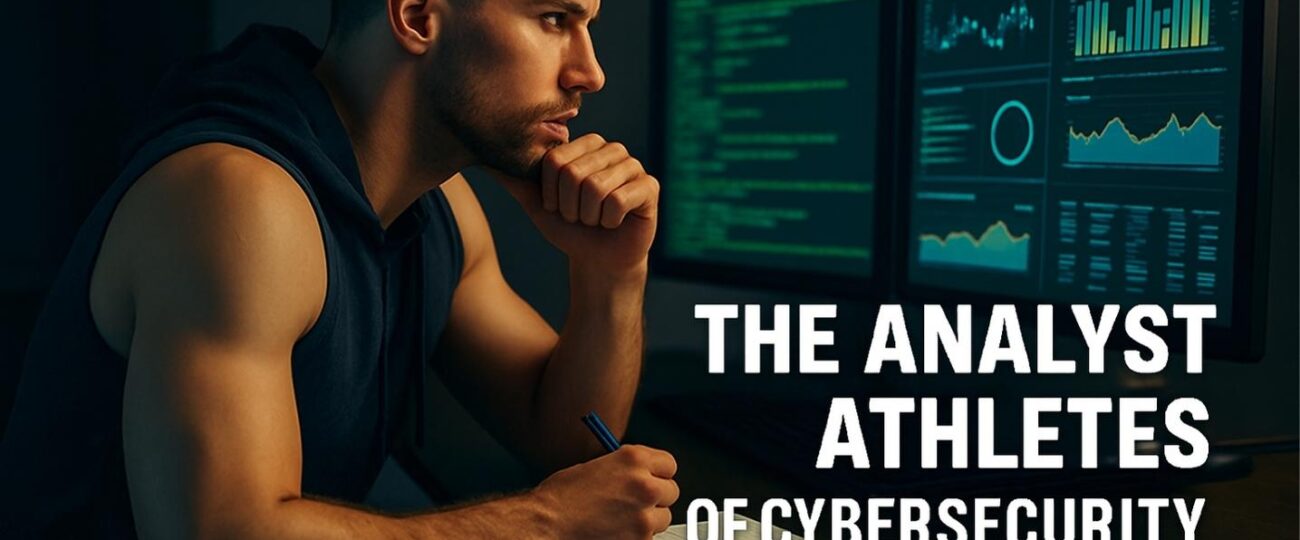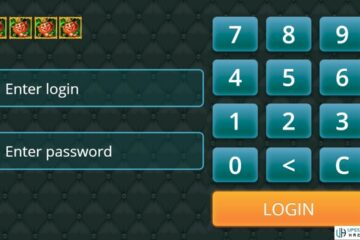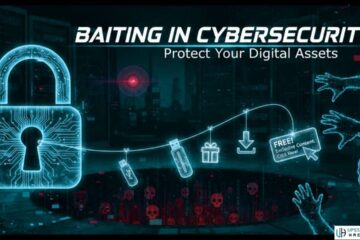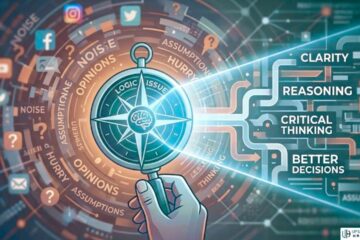When people hear the word “hacker,” they often imagine someone in a dark room, breaking into systems for fun or profit. But that image is outdated. Today’s ethical hackers — the “upstanding” ones — look more like analysts, researchers, or even athletes in their level of focus and preparation.
In cybersecurity, raw talent isn’t enough anymore. Discipline, data analysis, and continuous learning are what separate the best from the rest. Just like in sports, the small details matter.
Numbers Don’t Lie — But You Need to Read Them Right
Cybersecurity is a field driven by data. Every system, every network, every threat leaves behind numbers. Packet size, response times, error logs — these are the pieces of a puzzle. To understand the full picture, ethical hackers study the main statistics of each system they analyze. They look for patterns, odd behaviors, or anything that doesn’t fit the usual rhythm of the system.
A sudden spike in traffic, a small change in login frequency — these can mean something big. But only someone who truly understands the normal baseline can spot when something is off. Monitoring the current system metrics is like keeping track of a live score in a game; it allows for immediate, informed action.
Discipline Over Drama
Hollywood loves to show hackers as rebels breaking rules at lightning speed. In reality, the best work slowly and with precision. They follow processes. They document everything. It’s more about checking system logs than smashing passwords.
Being methodical is what keeps ethical hackers sharp. They don’t guess. They test, observe, and analyze. They use tools, compare data, and communicate findings with teams. It’s less like a heist and more like solving a mystery with a magnifying glass and a notebook.
Adapting Like an Athlete
Cybersecurity is a fast-moving world. New tools, new viruses, and new types of attacks pop up every day. Ethical hackers need to train like athletes — staying flexible, practicing daily, and never letting their guard down.
They also learn from failure. A failed scan or an overlooked detail isn’t the end — it’s a lesson. The best ethical hackers grow stronger after mistakes. They review what went wrong and make sure it won’t happen again.
More Than Just Code
Many people think hacking is all about writing clever code. But soft skills are just as important. Communicating clearly with non-technical clients, explaining risks, and working in teams — these are the skills that turn a good hacker into a great one.
Understanding human behavior is also key. Social engineering attacks — where hackers trick people instead of breaking into systems — are some of the most common today. Knowing how people think can be just as powerful as knowing how machines work.
Conclusion
Ethical hacking today is a blend of discipline, data, and human understanding. It’s no longer about just “being good with computers.” It’s about being able to read the main statistics, understand what they mean, and use that knowledge to build safer systems.
Upstanding hackers are the new cybersecurity heroes — quiet, focused, and driven by more than just lines of code. They protect, prevent, and prepare. And they do it all with the precision of analysts and the mindset of modern professionals.
See Also: Can You Hack Without Coding? The Answer Might Surprise You










